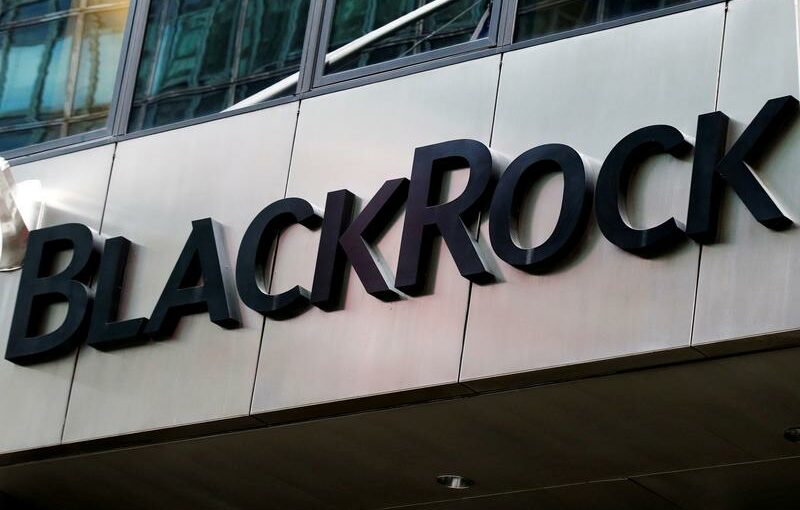BOSTON/LONDON (Reuters) – BlackRock voted against more company directors and backed more shareholder resolutions in the first quarter than a year ago, as the world’s biggest asset manager looks to push boards to do more on climate and other sustainability issues.
The information from the $9 trillion New York-based money manager in a report to be released on Wednesday helps to explain what is shaping up to be a tough shareholder voting season at major corporations this spring.
Just on Tuesday, investors rejected the pay of executives at GE Corp, for instance, and last week gave a record level of support, 81%, to a resolution calling for a report on plastics pollution at Dupont.
Both votes took place after the first-quarter period covered by BlackRock’s report, which did not give complete company-by-company voting data. Still, its contents showed BlackRock taking a more aggressive stance under Sandy Boss, the company’s London-based global head of investment stewardship since 2020.
“We are accelerating the pace of our stewardship activities; resulting in more engagement and more voting, reflecting heightened expectations, which … are just a function of the urgency of some of the issues,” Boss said in an interview.
Boss declined to comment on votes since April or upcoming ones. Activists have urged BlackRock and other top investors to push their portfolio companies more after years of fund manager votes that rubber-stamped management wishes.
Among other things, BlackRock said it had backed three-quarters of the environment and social-focused resolutions filed by shareholders during the first quarter, including eight environment-focused votes.
In the same period last year, BlackRock’s support for such resolutions was less than 10%, the report showed, including its opposition to all three environmental resolutions on which it cast ballots.
Of the 2,600 shareholder meetings held in the period, at which BlackRock voted on more than 21,000 proposals, the money manager said it had voted against management on one or more proposals at 35% of meetings, up from 30% a year earlier.
BlackRock said it did not back directors or director-related proposals 12% of the time, up from 9% a year ago. Reasons included a lack of board diversity, misaligned pay and a lack of independence.
Last year, BlackRock put 191 companies “on watch” for potential voting action in 2021 if they failed to make significant progress on managing and disclosing climate-related risks.
For the first quarter, BlackRock said it voted against 53 directors and 47 companies over climate issues, closing in on the 2020 full-year total of 64 directors and 69 companies.
Source: Read Full Article
